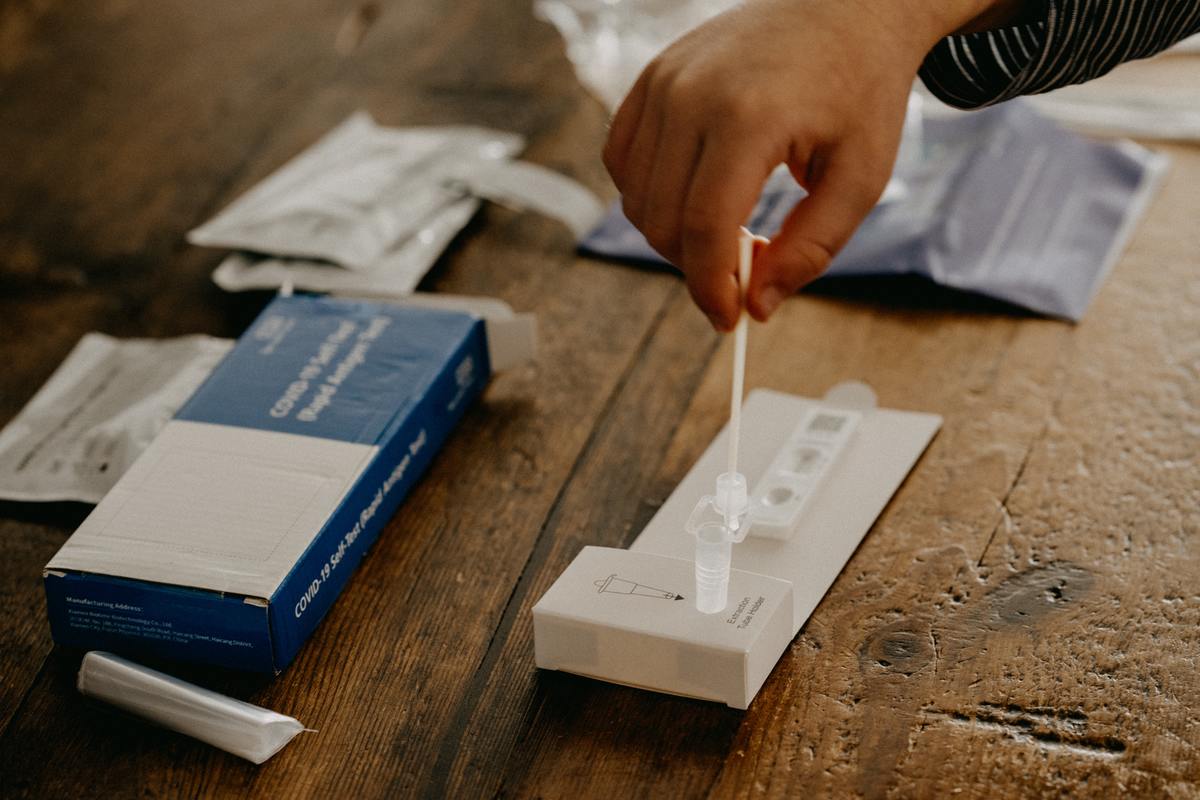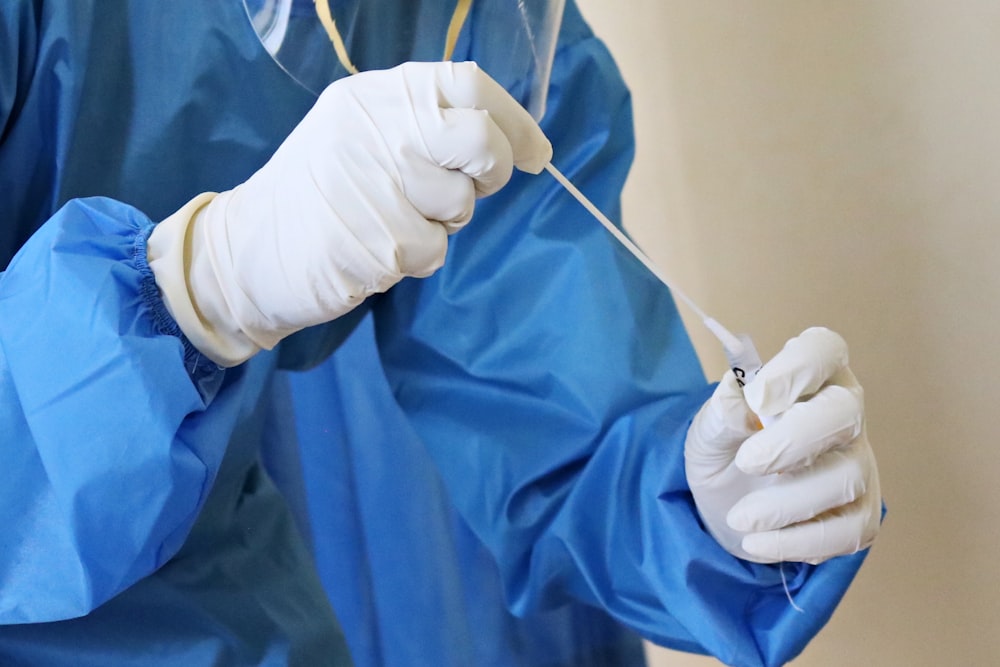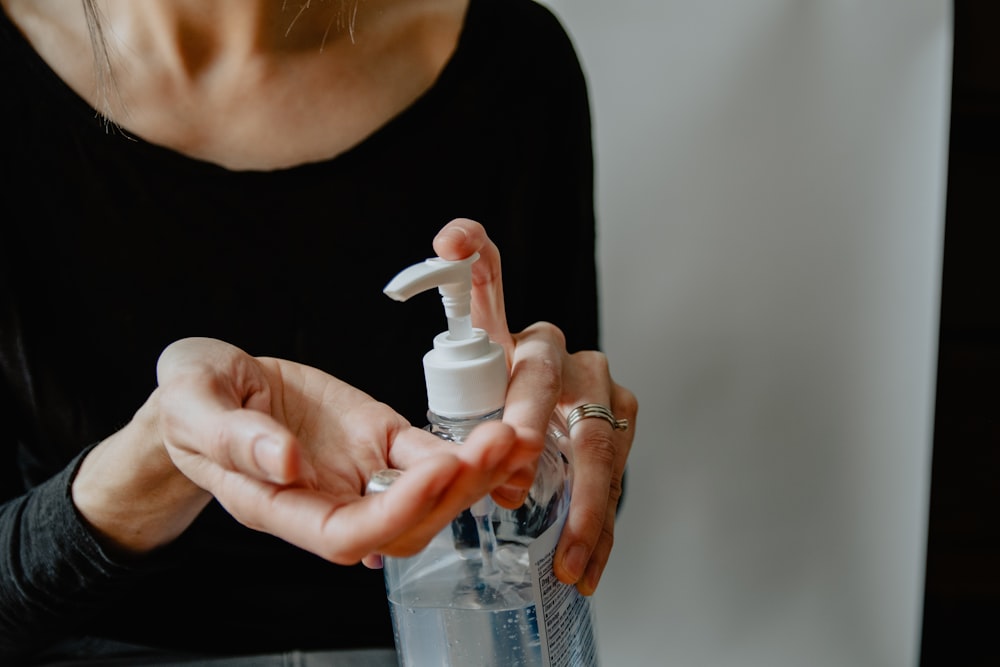
People around the globe are still getting COVID-19, despite medical advancements to protect us from this virus. Over the last couple of years, medical professionals have made significant progress towards combating a global pandemic. We now have new vaccines and booster shots to protect us, ongoing scientific research, and an ever-evolving range of government recommendations to guide each country.
However, new variants of COVID such as Omicron and Delta continue to prompt spikes in new cases, reminding the masses that the threat has not yet passed.
In this fragile state of affairs as we strive to get ahead of the virus, everyone has their own important role to play when it comes to keeping everyone safe. How you respond when you discover you have tested positive for COVID-19 has a ripple effect on our ability as a whole to combat the pandemic. So, what should you do if you test positive for COVID-19?
Testing Positive for COVID: Understanding the Risk
Even with your vaccination and booster shots to protect you, there’s no guarantee you’re ever completely safe from COVID-19. While your vaccination can lower your chances of infection, it’s still possible for vaccinated individuals to get infected with COVID.
Both PCR and antigen tests can be used to determine whether you have an active coronavirus infection, as well as an at-home testing device such as the Circle HealthPod rapid COVID test.
While an antigen test can be easy to perform and have fast results, it can also have a higher risk of false negatives. If you’re concerned you might have COVID-19 and you don’t get a “positive” result on your test, it may be worth speaking to a doctor (over the phone) or taking a secondary test such as PCR test or a rapid test from home.
If you do test positive for COVID, your main focus should be on protecting yourself and taking steps not to spread the virus.
You don’t have to be experiencing any symptoms of COVID-19 to be contagious. When someone with this virus speaks or breathes, they release small particles of moisture which contain the virus. These particles can infect other people when breathed in, and they can also transfer the virus when they land on surfaces if people touch their nose, mouth or eyes after they touch the contaminated surfaces.
When Do You Need to Isolate?
The government rules implemented around COVID-19 are frequently changing. At the time of writing, in the UK for instance, it’s no longer required by law to self-isolate, even if you test positive for COVID-19. Elsewhere in the world, such as in the US, you are still required to isolate for 5 days if you are asymptomatic or symptoms are resolving (without fever for 24 hours) and follow that with 5 days of wearing a mask when around others. In Hong Kong, infected individuals with no or mild symptoms will need to isolate for 14 days if they have not received at least 2 vaccine doses. For those who have received 2 vaccine doses, isolation can be shortened to 7 days if 2 rapid antigen tests (RAT) performed on day 6 and day 7 are negative. .
Even if you are not required to isolate yourself, staying away from other people is the most effective way to avoid passing on the COVID-19 infection. It’s possible to infect someone you don’t have close contact with, especially if you visit a number of crowded, enclosed, or poorly ventilated spaces.
A person with COVID-19 can be contagious up to 48 hours before they start to experience any symptoms. Harvard Health notes that people without symptoms are more likely to spread the illness, because they may not be aware of their infection.
Keep in mind, isolation doesn’t mean just staying in the house, it also means keeping your distance from other uninfected people who share your home.
Ideally, it’s best to eat and sleep in your own space, away from others, and be particularly cautious about interactions with those at higher risk of infection, such as:
- Older people
- Pregnant people
- Unvaccinated people
- People with a severely weakened immune system
- People with chronic illnesses
To ensure you can isolate effectively, speak to your boss about your options for staying away from work, at least until your country’s mandatory isolation period has passed, especially if you are asymptomatic. At the same time, look into having essentials delivered through contactless delivery, and cancel all routine medical, dental, and social appointments.

What To Do After The Isolation Period
People may still be contagious 10 days after symptoms start. According to the CDC, you can take an LFD test five days after your symptoms started (or when you took your positive test) followed by another test with at least 24 hours and no more than 48 hours between tests. Note that the recommendations regarding the timing of tests would vary by the country.
If both of these tests are negative and you have no symptoms, you may be able to return to your normal routine. If your LFD test result is positive, you can continue to take the test until you receive 2 consecutive negative results.
The CDC does recommend when returning to your normal routine, you should wear a well-fitting mask for at least 5 days. You should also consider taking additional steps to reduce your risk to other people for the next five days when you return to your routine, for instance:
- Keep your distance from other people (aim for a 6 foot gap between yourself and others)
- Cover your nose and mouth with tissues when you sneeze or cough, and get rid of these tissues immediately after use, then clean your hands.
- Wash your hands frequently with soap and water for 20 seconds before you eat or handle food or interact with other people.
- Regularly clean touched surfaces such as remote controls, door handles, and shared areas, bathrooms and kitchens.
- Avoid interacting with at-risk people who have issues with their immune system or may suffer more than others from a COVID infection.
Remember, not having any obvious symptoms doesn’t necessarily mean you’re safe. A study published in the JAMA Network Open magazine found almost one out of every four infections may be transmitted by people who are asymptomatic. The proportion of asymptomatic infections appears to be higher still with the Omicron variant.
Depending on your lifestyle and career, you may need to follow specific instructions after testing positive. For instance, health care professionals should follow the CDC’s isolation guidelines for health specialists.
Who To Contact When You Know You’re COVID-19 Positive?
The highly infectious nature of COVID-19 means it’s important to share the discovery of your positive state with the people you’ve recently been in close contact with. You’ll need to identify everyone who you came into close contact with. Remember, you are contagious up to two days prior to the onset of symptoms or testing positive.
Contacting loved ones to let them know about your infection will not necessarily mean they have to be isolated. In the US, individuals with a booster vaccination shouldn’t have to be isolated if they are experiencing no symptoms, but they will need to wear a mask for at least 10 days after exposure.
Aside from talking to the people you’ve been in contact with, it’s also worth contacting your doctor. If you have had your vaccinations and booster shots, you may only experience mild symptoms, such as a dry cough, headache, or fever.
However, making your doctor aware of your condition will ensure they’re prepared to help you take the right steps with your treatment. Your doctor can tell you how to report your positive results to the correct health department to assist health officials in tracking the spread of the virus.
Your doctor will often advise you to monitor your symptoms, to ensure the condition isn’t becoming increasingly dangerous. Seek immediate emergency care if you experience:
- Persistent chest pain
- Inability to stay awake
- Difficulty breathing
- Bluish tinge to the face and lips
- Confusion

After Your COVID Infection: What Next?
After your infection period ends, you should continue to follow the relevant guidelines provided by the CDC or the healthcare authority in your area. This could mean wearing a mask in certain environments, and ensuring you take strict precautions with your hygiene.
If you’re unvaccinated, consider getting vaccinated as soon as you end isolation. Studies continue to demonstrate the efficacy of the vaccine, demonstrating unvaccinated adults are up to twice as likely to experience COVID-19 for a second time.
Crucially, having COVID-19 once does not prevent you from getting the virus again. The immune system may be better prepared to fight against COVID-19, but you will still be at risk, particularly as the coronavirus has continued to mutate into new variants. Omicron has more than 50 mutations with around 30 mutations on the spike protein, the region of the immune system recognized following a previous infection, when compared with the original SARS-CoV-2 virus found in Wuhan, China.
Do not assume you are no longer at risk because you have already had an infection. If you are already vaccinated and haven’t received a booster yet, you can make a plan to get one and boost your protection levels after you have recovered from COVID-19.
You can also take this opportunity to order an antibody test and learn more about your immunity towards COVID-19.
Responding Correctly to a Positive Test
Testing positive for COVID-19 can be a nerve-wracking experience, particularly when the virus continues to seriously affect millions of people around the world. The best thing you can do is learn how to respond effectively when you know you’re infected.
Make sure you get your vaccinations and boosters to protect yourself as much as possible, and when you are infected, protect the people around you by isolating and following the guidelines provided by the CDC. It’s up to you to make sure you’re not contributing to the spread of coronavirus.
Explore the variety of reliable COVID-19 testing solutions from Project Screen, and get at-home COVID tests from Project Screen to use at your convenience.






